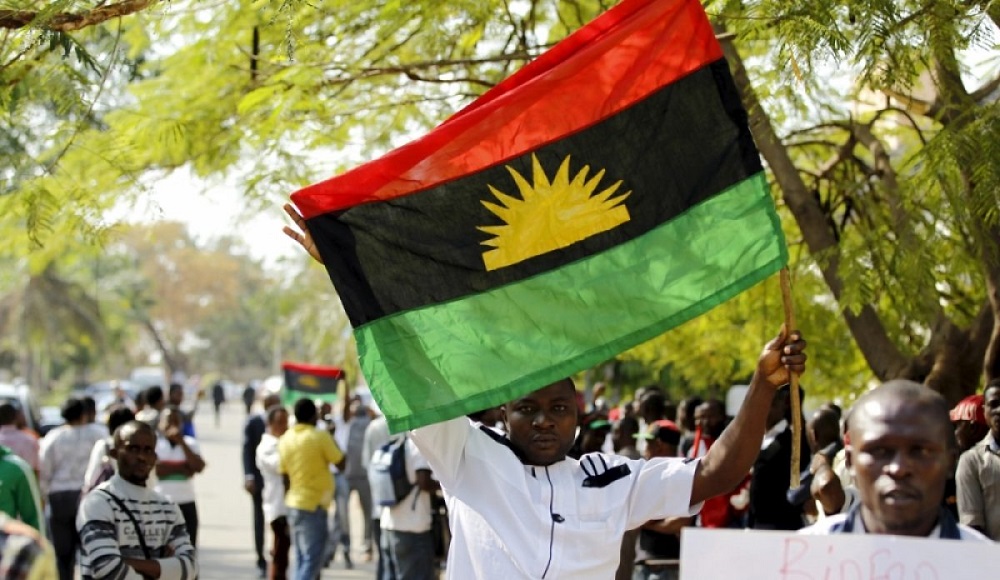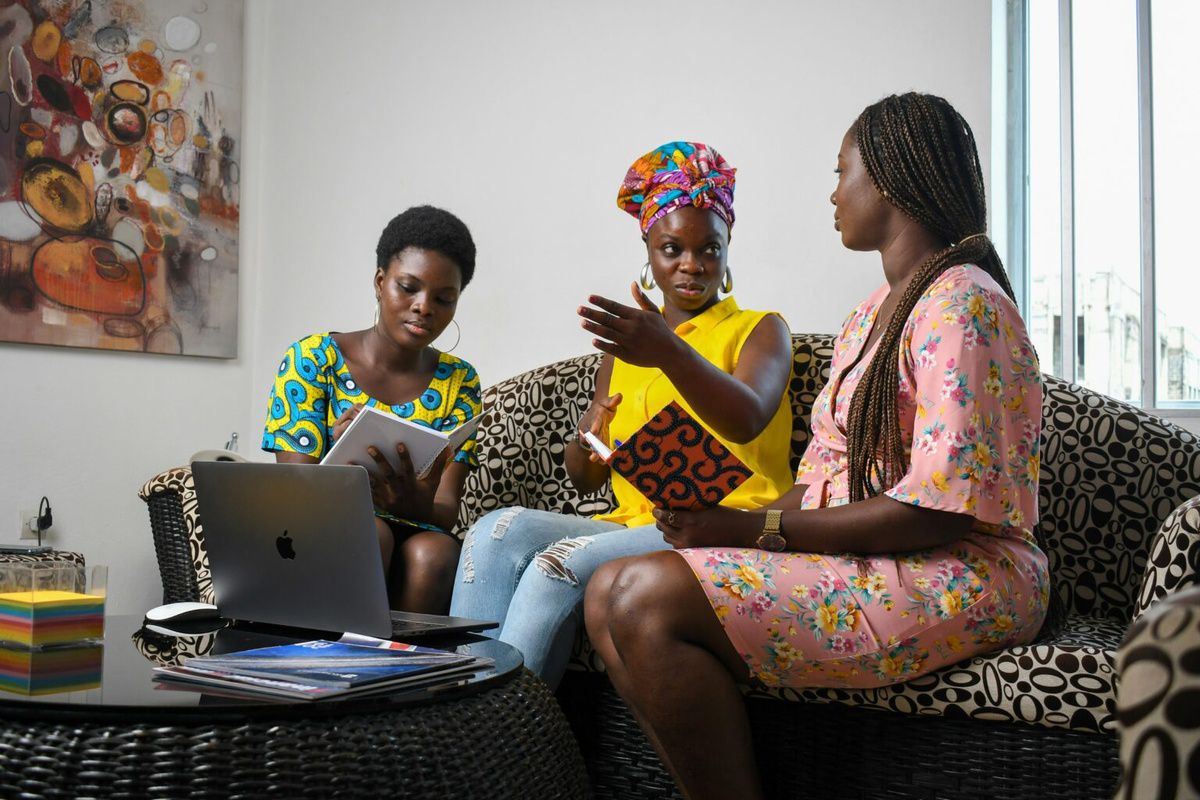IPOB Rejects FG’s Proscription, Cites Court Ruling As Basis For Legitimacy

The Indigenous People of Biafra (IPOB) has denounced the Nigerian federal government’s proscription of the group, describing it as “illegal” and “a blatant perversion of the rule of law.”
In a statement released Sunday, IPOB’s Media and Publicity Secretary, Emma Powerful, asserted that the proscription lacked legal foundation and violated constitutional provisions on fair hearing.
Powerful referenced a 2017 ruling by Justice Binta Nyako of the Federal High Court in Abuja in the case Federal Republic of Nigeria v. Nnamdi Kanu & Others (Suit No: FHC/ABJ/CR/383/15), in which the court reportedly found no evidence to classify IPOB as an unlawful or proscribed organization.
“After a contested hearing where both parties were fully represented, Justice Nyako unequivocally found no evidence—none whatsoever—to support the prosecution’s claim that IPOB is an unlawful or proscribed society,” the statement read.
“She stated: ‘The prosecution has not placed any evidence in the proof of evidence to show that the society Indigenous People of Biafra (IPOB) is an unlawful or proscribed society.’”
According to Powerful, the ruling struck out key charges relating to IPOB’s alleged unlawfulness, and that judgment remains valid and unchallenged to date.
He criticized the federal government for allegedly bypassing this ruling by securing a proscription order through another judge, Justice Abdul Kafarati, using an ex parte motion—one made without notifying IPOB or giving them an opportunity to respond.
“This kangaroo proscription, secured without notice to IPOB or our legal representatives, was a deliberate attempt to subvert justice and achieve through secrecy what they could not accomplish in an open, contested hearing,” Powerful said.
He emphasized that the process used to proscribe IPOB violated Section 36 of the Nigerian Constitution, which guarantees the right to a fair hearing.
IPOB also argued that the law under which proscription is carried out requires a hearing in chambers with notice to all affected parties, not an ex parte ruling.
“Justice Kafarati’s order, therefore, is rooted in illegality and is null and void ab initio. Those who seek to rely on the subsequent affirmation of this kangaroo proscription by the Court of Appeal are either ignorant of the rule of law or complicit in its perversion,” Powerful declared.
He further maintained that the only legitimate judicial determination of IPOB’s legal status remains the ruling delivered by Justice Nyako and, more recently, proceedings under Justice Omotosho, which he said are following due process.
Powerful accused the All Progressives Congress (APC)-led federal government, particularly under former President Muhammadu Buhari, of persecuting IPOB not because the group posed a legitimate threat, but because it demanded accountability and justice through its calls for self-determination.
“Having failed to prove their case in a fair hearing before Justice Nyako, they resorted to judicial manipulation,” he said. “This is not justice—it is corruption, plain and simple.”
Calling on the international community, human rights organizations, and global defenders of democratic values, IPOB urged a closer examination of what it termed the “flimsy and baseless” grounds for its proscription.
“The Nigerian government’s actions undermine the very principles of democracy and the rule of law they claim to uphold,” Powerful stated.
“IPOB remains a peaceful movement advocating for the rights of the Biafran people and will not be silenced by illegal proscriptions or state-sponsored oppression.”
The group demanded an immediate reversal of the proscription and a restoration of the legal position as upheld by Justice Nyako’s unchallenged ruling.
IPOB reaffirmed its commitment to a non-violent struggle for the self-determination of the Biafran people.
The federal government has yet to respond to the latest statement by IPOB.
IPOB Rejects FG’s Proscription, Cites Court Ruling As Basis For Legitimacy is first published on The Whistler Newspaper


